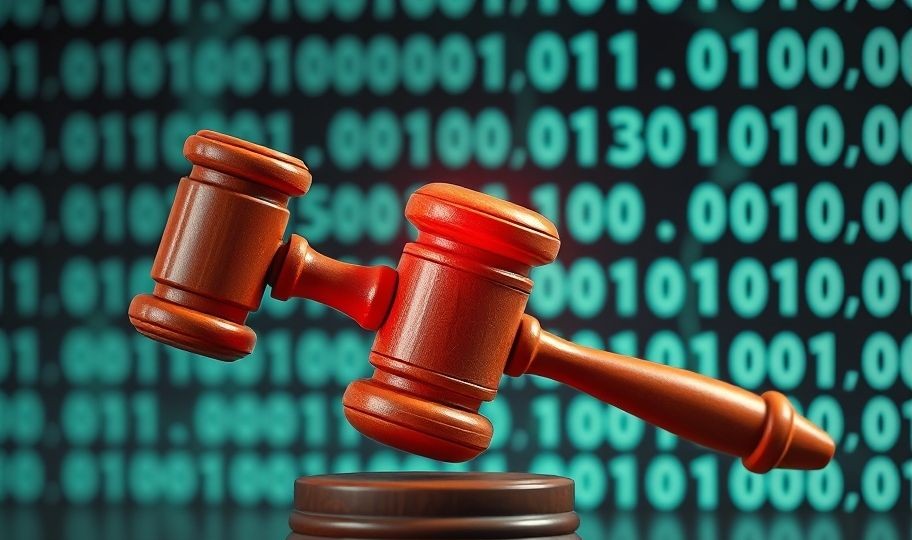Age Verification Laws: Expanding Debate Heats Up

The Growing Debate Over Expanding Age Verification Laws The discussion surrounding age verification on the internet continues to intensify. Lawmakers and advocacy groups are increasingly...
⏱️ Estimated reading time: 2 min
Latest News
The Growing Debate Over Expanding Age Verification Laws
The discussion surrounding age verification on the internet continues to intensify. Lawmakers and advocacy groups are increasingly focused on protecting younger users from harmful content, but the methods to achieve this goal face scrutiny. This article examines the key arguments in the debate and highlights potential implications for online freedom and privacy.
Why Age Verification is a Hot Topic
Several factors are driving the push for expanded age verification laws:
- Protecting Children: A primary motivator is the desire to shield minors from explicit content, online predators, and other dangers prevalent online.
- Parental Concerns: Parents are increasingly vocal about wanting more control over their children’s online experiences.
- Legislative Action: Lawmakers are actively proposing and passing legislation to mandate age verification on various online platforms.
Arguments in Favor of Stricter Age Checks
Proponents of stricter age verification argue that it is a necessary measure to safeguard children and promote responsible online behavior. They claim:
- It deters underage access to adult content, reducing potential harm.
- It empowers parents to manage their children’s online activity.
- It encourages a safer online environment for everyone.
Concerns About Implementation
While the goals are admirable, critics express concerns about the practical implications and potential drawbacks of widespread age verification:
- Privacy Risks: Collecting and storing personal data to verify age raises significant privacy concerns, as it could lead to data breaches and misuse.
- Effectiveness: Tech-savvy minors may find ways to bypass age verification systems, rendering them ineffective.
- Impact on Anonymity: Strict age verification could undermine online anonymity, potentially chilling free speech and whistleblowing activities.
- Cost and Technical Challenges: Implementing robust age verification systems can be expensive and technically complex, especially for smaller websites and platforms.
Different Approaches to Age Verification
Various methods of age verification exist, each with its own pros and cons:
- Self-Declaration: Asking users to state their age is the simplest method but is easily circumvented.
- Credit Card Verification: Requiring a credit card for access can be effective but excludes individuals without credit cards.
- Knowledge-Based Authentication: Asking personal questions can be unreliable and susceptible to social engineering.
- Biometric Verification: Using facial recognition or fingerprint scanning is more secure but raises privacy concerns and may be discriminatory.
- Third-Party Verification Services: Services that verify age through trusted sources like government databases can be more reliable but may require data sharing.
Related Posts

AI in 2026 How Intelligent Agents Are Becoming Trusted Work Partners
In 2026, artificial intelligence has transcended its role as a mere productivity booster, emerging as...
February 4, 2026

AI 2026 Shift From Labs to Live Operations
January 2026 signals a pivotal moment in artificial intelligence, the transition from lab experiments to...
January 30, 2026
Bluesky Enhances Moderation for Transparency, Better Tracking
Bluesky Updates Moderation Policies for Enhanced Transparency Bluesky, the decentralized social network aiming to compete...
December 11, 2025










Leave a Reply